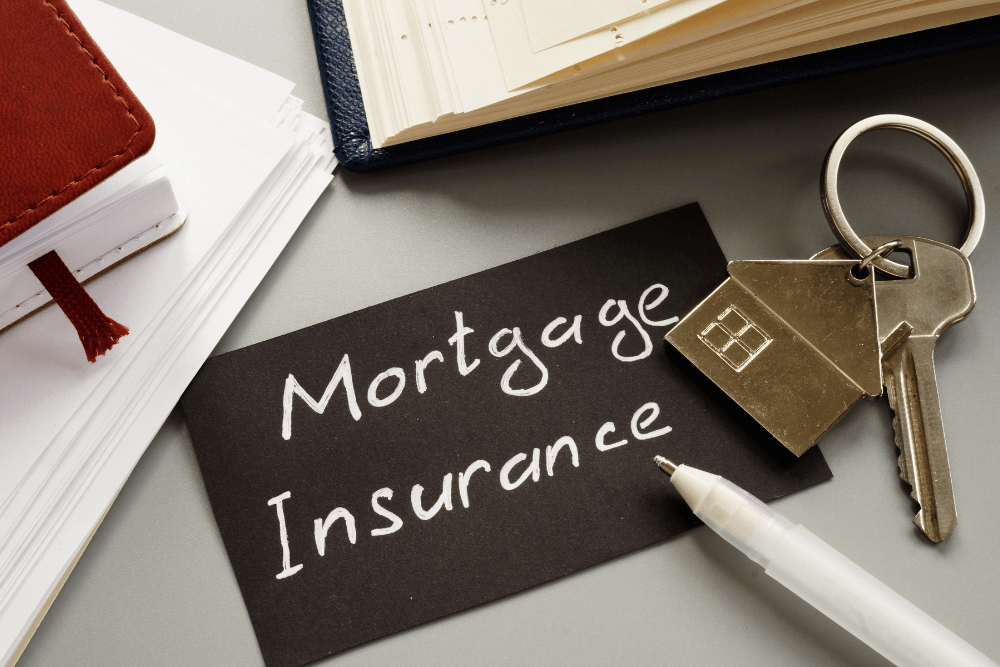In the Emirate of Dubai, first-degree relatives, such as parents, children, and husbands and wives, can transfer property among themselves, constituting a gift transfer. Recent rule changes at the Land Department, however, have prohibited property transfers between siblings. In cases where a property transfer qualifies as a gift transfer, the standard 4% transfer fee, typically paid to the Land Department during the property transfer, is not applicable. Instead, a nominal transfer fee of 0.125% is due at the time of the transfer. This reduced fee significantly simplifies the cost-effective transfer of property between first-degree relatives, eliminating the need to consider substantial cost implications.
The process of gifting a property in the Emirate of Dubai is as follows:
- The owner must pay AED 4,020 to obtain an evaluation report on the property’s price from the land department.
- The owner and the donee must obtain a No Objection Certificate (NOC) from the property’s developer. Both parties must prove their first-degree relationship by providing an official document issued in their respective home countries. For example, if the owner is the father or mother of the donee, they must provide a birth certificate as evidence of their relationship. This document must be legalised and notarized in their home country and then submitted to the Ministry of Foreign Affairs in the UAE. In addition, the document should be translated into Arabic and receive a stamp of approval from the Ministry of Justice.
- Once the original documents are in hand, you can complete the property transfer by visiting the Trustee offices.
The cost of a gift transfer of property in the Emirate of Dubai includes the following:
- The minimum gift transfer fee payable to the land department is AED 2000. However, if the property’s value exceeds AED 500,000, the transfer fee payable to the land department is 0.125% of the property’s overall value, based on the evaluation certificate issued by the land department.
- A fee of AED 580 for the name title deed.
- A fee of either AED 2,000 or AED 4,000, depending on the property’s evaluation, payable to the trustee offices.
Once you have submitted the required documents and paid the associated costs at the trustee office, the trustee office will facilitate the property transfer, resulting in the issuance of a new title deed in the name of the donee. Once the Land Department issues the new title deed, the donee will officially assume ownership of the property.
Do I need a Power of Attorney for a gift transfer?
A Power of Attorney is not necessary for a gift transfer in the Emirate of Dubai if both the owner and the donee are present during the transfer. However, our partner, Vision Conveyancing, is pleased to offer its services as your Power of Attorney through a special POA to facilitate the entire gift transfer process in the name of the donee. They provide a comprehensive end-to-end service for gift transfers, ensuring a swift and efficient process. VC is committed to delivering a streamlined and stress-free transaction experience for their clients, starting from the initial contract signing and concluding with the property ownership transfer. If you have inquiries, you can reach out to them at info@visionconveyancing.com.
Property gifting in Dubai serves as a legal and efficient means of transferring ownership while upholding the city’s tradition of generosity and openness. Dubai, as a thriving global metropolis, continuously draws investors and residents worldwide, making property gifting an exceptional way to embrace the Dubai lifestyle and partake in its prosperity. When contemplating property gifting, it’s crucial to seek guidance from legal experts and real estate professionals. In Dubai, the process of property gifting embodies the principle of “giving is receiving,” enriching both the giver and the recipient.








